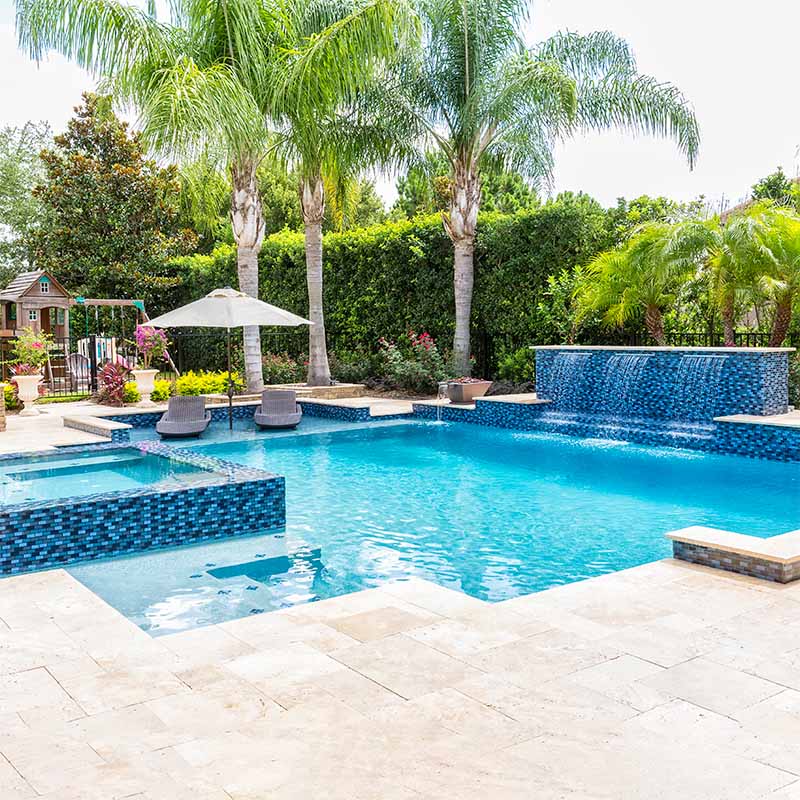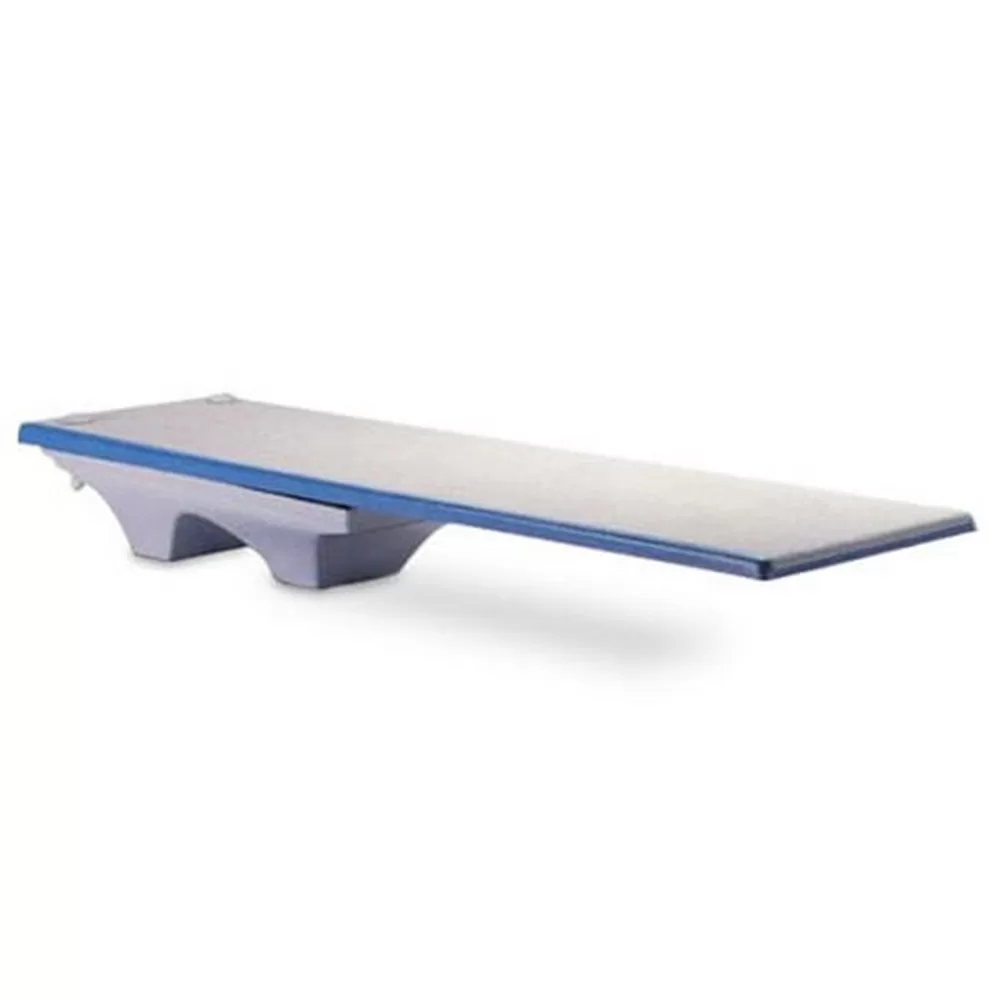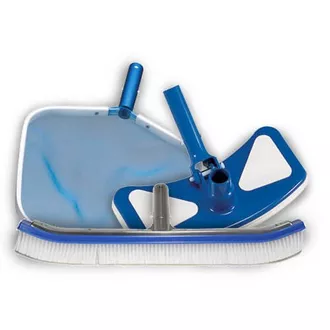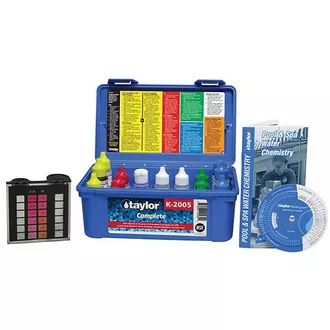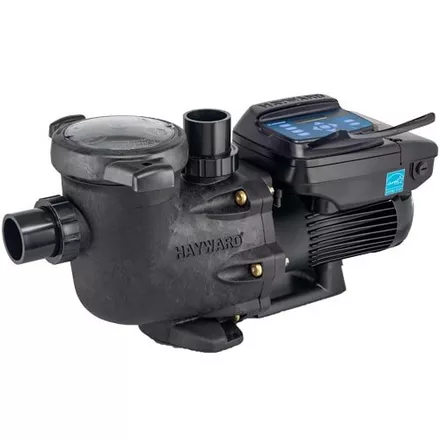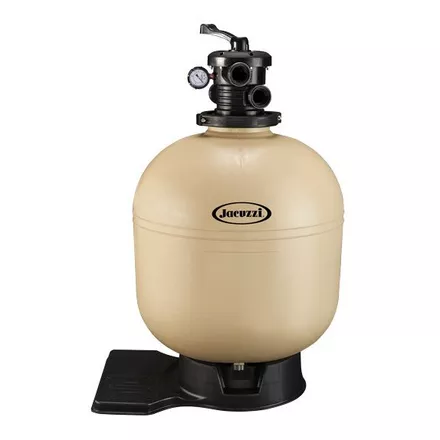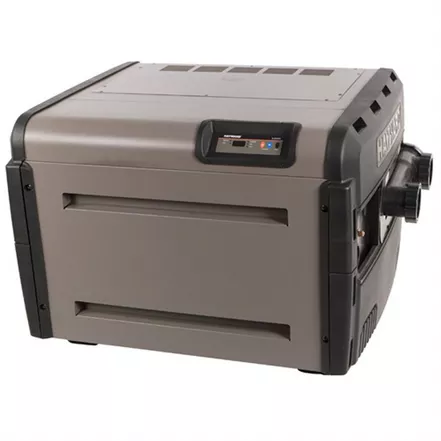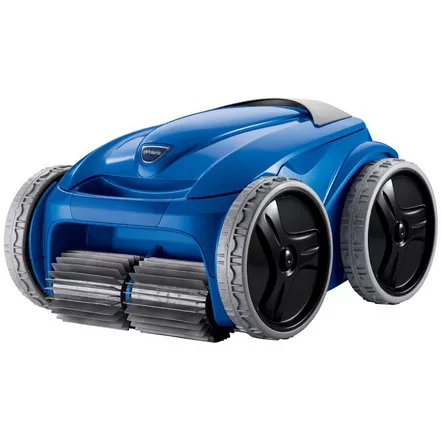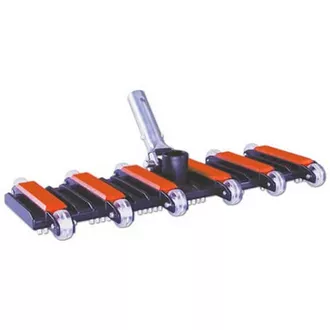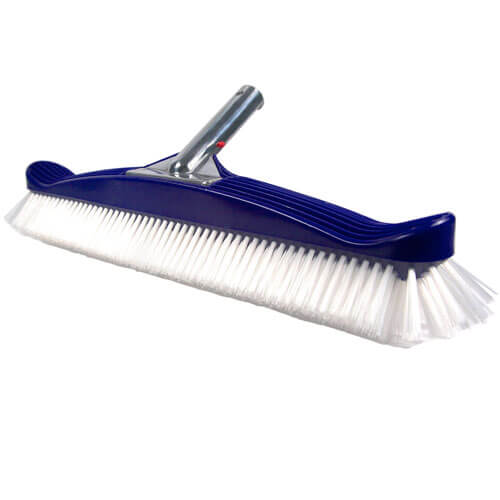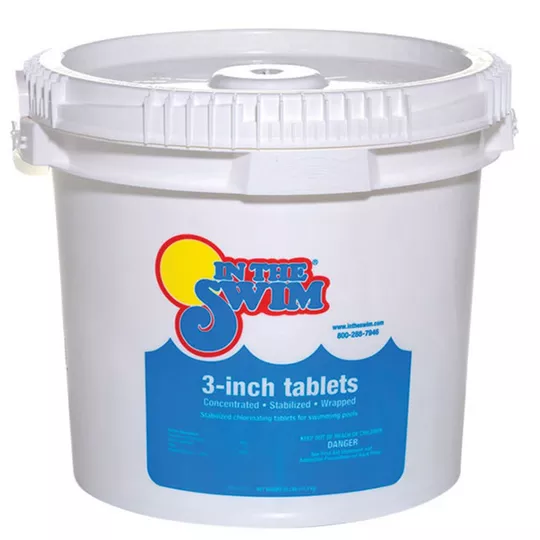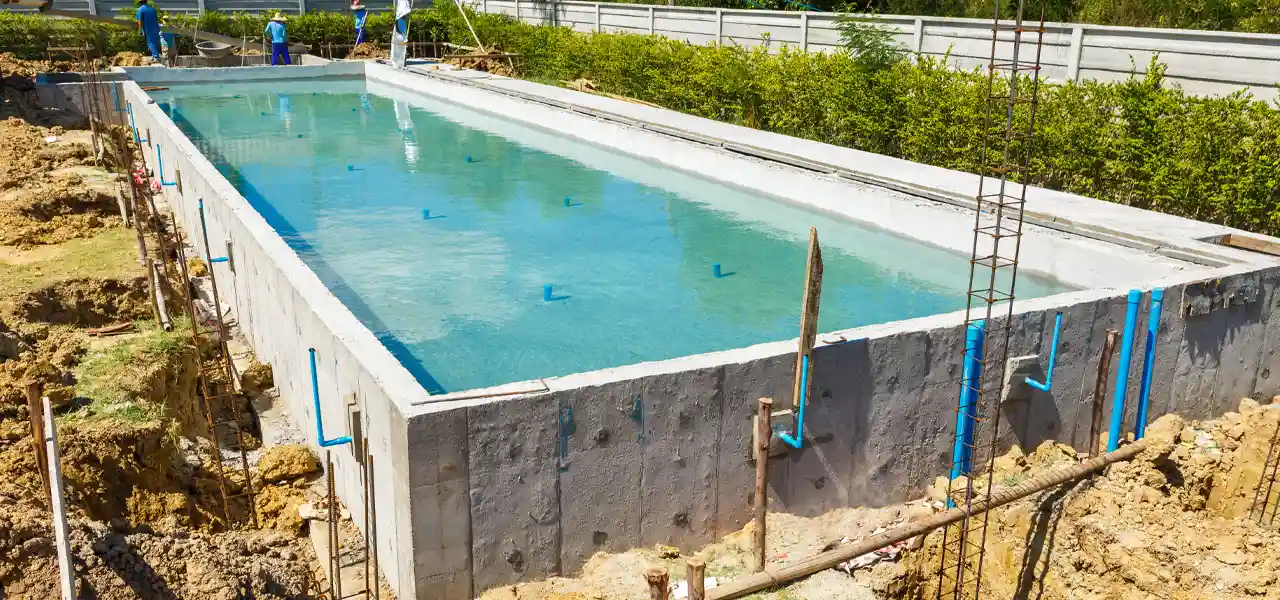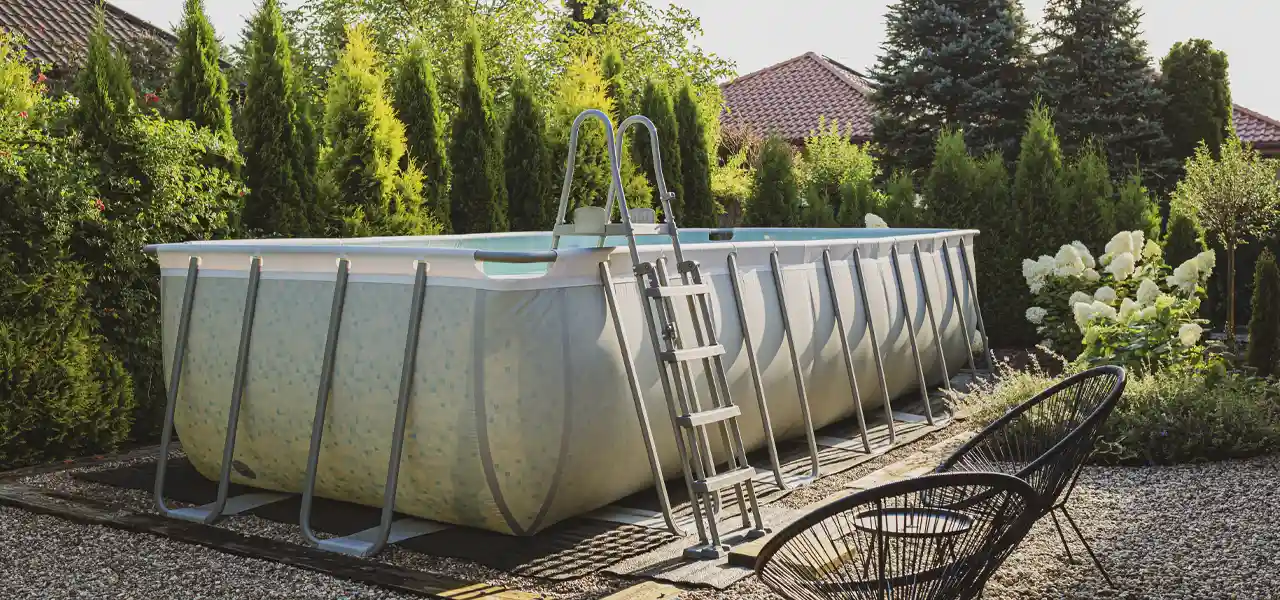
In most areas of the country when building an inground pool, permits along with inspections are required as with any construction process. Structural, Electrical and Plumbing inspections during construction, and a Final inspection when you finish building your inground pool.

Electrical inspections include the grounding and bonding of the pool walls, coping, anchor sockets, the electrical equipment – and inspection of PVC electrical conduit for the pool lights and the electrical boxes and conduit at the pool equipment pad.

Structural inspections consists of checking that your concrete collar has provided the pool walls with enough support. Schedule this inspection after the concrete collar, or foundation of the pool is poured.

Plumbing inspections or permits are not usually needed for pool plumbing lines but would be required for gas piping if you are going to have a gas heater. Part of this inspection may include a pressure test on the gas line so the inspector can see it holds pressure without leaks.
After the pool is built you will need a Final inspection which is basically a safety inspection, that would include things such as pool alarm if required, door or window alarms, and fencing. The electrical inspector may also want a final inspection to make sure everything is wired properly and working. And if gas piping was done a final on that after it has been connected to the heater.
Working with Pool Construction Inspectors
Inspections are usually performed by different inspectors, specialized in the trade of either structure, electric, or plumbing (which includes gas). Inspectors are usually state or local government employed, and are found in the local Building and Zoning Department in your area.
Scheduling inspections should be done ahead of time as in the building season the inspectors are usually backed up and need substantial notice. Remember, if you are not ready you can always postpone an inspection but at least you have an appointment. In my area, inspectors are available to take phone calls for an hour in the morning, and an hour in the afternoon. This is so you can call with any questions or to schedule your inspections. During other times of the day, they are usually out of the office, doing inspections!
Your inspectors can be a good resource for any questions regarding the pool construction process. They may also be able to give good referrals to sub-contractors such as fence, concrete, or excavation companies. Their main purpose [of building inspectors] is to protect the public they serve. Building codes are written and rewritten, to keep our structures, such as pools, safe for use.
Pool Construction Inspection Failure
Most inspections pass without a problem, when you have planned your DIY pool project carefully, and followed the pool construction requirements of the permit agency. SPP pool kit customers have very few problems in this area, if they have taken advantage of our free DIY pool construction support. Here’s some issues I have seen that failed inspections.
You may fail the foundation inspection (the concrete collar), by not having enough concrete around the pool walls to sufficiently lock in the walls. Some people try to get away with only pouring concrete around each A-frame brace but this is not enough. Most inspectors are looking for a completely contiguous “collar” of concrete around the base of the walls.
Electrical inspections can fail by not bonding the pool properly. Requirements vary by region, and even by inspector. Some want every individual wall panel bonded, some will only require 6 or 8 bonding lugs, around the pool. For electrical, it is best to speak to your inspector ahead of time to see what is required in your area.
For gas piping inspections, lack of a shut off valve, or the incorrect pipe size, can doom the gas inspection. For the Final inspection, not having the right safety equipment such as door alarms, or a fence of the proper type and height, with self latching gates.
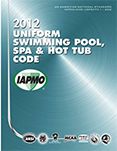
Surprises can happen. When we built my own inground pool last summer, I had a problem with one of my inspections involving the placement of my pool heater. I knew that it must be located 4 ft from the house, and also 4 ft from any doors or windows, which it was. However, I was only 3 ft from my cellar door hatch, which leads down to my basement and was told I needed to move it another foot away from that also. I could have argued with the inspector, that it was not part of the code, but I have found over the years of building pools that it is better to do what the inspector wants and avoid confrontation – to make the rest of the inspection process go smoothly.
In most cases it is how your inspector interprets the code and sometimes not the actual way the code reads, sometimes it is not always cut and dry. do not forget your inspector has the final say and he can make your pool construction project run into delays and extra expense by making you redo steps you already took.
Final thoughts on Pool Construction Inspections
- When obtaining your permit – get information on the pool inspection process.
- Know what to expect, and ask questions if you have any concerns.
- Schedule your inspections ahead of time, reschedule if you aren’t ready.
- Do not argue with Inspectors, Make them happy instead.

